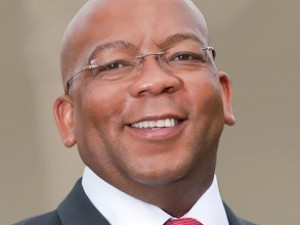
The City of Tshwane has announced a partnership with Project Isizwe, a non-profit organisation aimed at bringing free Internet to Africa, which will see free WiFi being rolled out across the city.
Executive mayor Kgosientso Ramokgopa says this forms part of the city's ICT strategy that was approved by the mayoral committee in June. The strategy aims to build a robust ICT infrastructure to stimulate economic growth, improve the delivery of basic services, improve revenue collection and bridge the digital divide, says Ramokgopa.
The city is now looking to intensify this strategy to cover public areas with internet connectivity through WiFi, he says.
The roll-out will be done in phases. The first phase will provide fully managed free Internet zones to five locations by the end of November. "These zones will provide access to the Internet via WiFi. Users within the coverage zone simply bring their device, connect and surf. This unlocks the benefits of the Internet for users and communities," says Ramokgopa.
Locations identified in the first phase are Tshwane University of Technology Soshanguve Campus, University of Pretoria Hatfield Campus, Tshwane North College, Mamelodi Community Centre and Church Square in the Pretoria CBD.
The second phase will see the establishment of free Internet zones to 213 schools in the Soshanguve, Mamelodi and Atteridgeville areas. Ramokgopa says this phase will commence in 2014, but did not specify when it will be complete.
"The long-term plan is to provide free WiFi to all government educational institutions in the city of Tshwane by 2016, and a capital city of the future where Internet access is a universal public good and service," says Ramokgopa.
He notes the ICT strategy forms part of the Tshwane Vision 2055 development strategy and takes Tshwane a step closer to becoming a smart city. "The capital city of the future and her development will only be sustainable, resilient, liveable, and caring when her citizens can learn, communicate and transact with the ease of technology."
Share